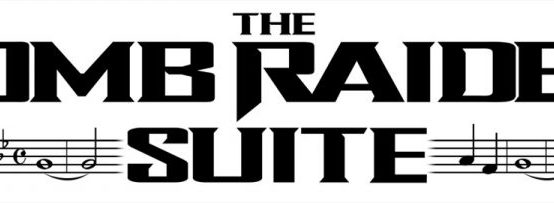
Evenant Online Course:
The Aspiring Trailer Music Composer
Review by Andrew Overfield
Edited by Sam Hughes
Publisher: Evenant Online
Course Leader: Christian Baczyk
Reviewed on: Web
Back in October I came across an offer via a few mutual friends on Facebook that a trailer music course was being released. Having dabbled in the area of trailer music since around May of 2016, I wanted to give this a go and hopefully learn something to “up my chops” and better my output as a composer.
Not only am I incredibly interested in the field of trailer music (I’m drawn to writing “epic” and big bombastic music due to my influences and style) but I discovered this online course was being led by a composer I admire a lot; Christian Baczyk (Founder of End of Silence trailer music library).
As the course was already live, as soon as I signed up, I was taken to the main page, which allowed me to access all the course content straight away. Even though I had signed up using the 4-instalments method of payment. This was fantastic for me, as it meant I could work at my own pace as quick or as relaxed as I wanted to, whilst not worrying about having to wait for modules to open up to access. I really appreciate the flexibility available.

Moving onto the course itself.
You are presented with 11 different ‘chapters’, each with a various number of modules contained within. These chapters range from the preface and introduction, trailer music to structure of the track, the mix and studio equipment. There is a large variety of information pertaining to the layout, licensing, writing, production and publishing of the trailer music industry.
One good thing I noticed is that this course is not biased towards the tutor or EoS. There are many brilliant examples of trailers and their cues littered around the course to exemplify the modules and their respective aims from many genres, publishers and writers outside of the End of Silence family of composers.
After completing a number of modules, going at a steady pace I came across tutorials and “how to” sections, where Walid Feghali offers his own insights into creating trailer music from start to end and the production methods used. It also mentions that there are a lot of different methods that work better for other composers, so this might not be the most ideal method for everyone.
Due to my experience working with trailers, I already had a basic idea of the scheduling, critique and publishing in it’s field. However, this course gave a new perspective on trailer music and the inner workings of structure and form. Considering that this industry can be quite specific in it’s requirements, with hundreds of composers all pitching for only a handful of jobs, not a lot of composers will openly advise on their process and contacts. Christian on the other hand, whilst not stating “this is exactly what I do, or what we look for and that’s where the big bucks are” offers a very honest and somewhat detailed lecture.
Overall
The course offers basic understandings of terminology and form so that a fresh composer, new to the genre can understand terms like “Riser” “Downer” etc. There are some occasions where the module may be short, or may only have a few YouTube video links to act as an example of what the tutor is explaining but overall, this course is detailed and concise.

This course is ideal for anyone interested in attempting the world of trailer music, or even a great refresher for those already writing similar music. I would possibly not recommend this to full time trailer music composers unless you’re stuck in a creative rut and want to refresh your palette and go back to basics.
However, there is enough here for the beginner to get started in trailer music composition. The course itself also admits, this is not “quick win” into the industry of trailer music. It won’t happen overnight, but it’s a great insight to get you on the right path to honing your craft.
In my opinion, this course would not be aimed at the entry-level composer with no experience whatsoever. I would expect a basic knowledge of your chosen DAW, the ability to create and mix a piece is ideal with a fundamental base of knowledge surrounding writing music in general.
Outside of that, for those interested in the field, it’s a great tool comes with a very helpful community. Each module has a comments section which other students on the course can discuss the topic, or their specific creations for that module. Every now and again Christian and Walid will pop up too to offer constructive criticism and advice.

Anyway, enough of my ramblings, go check it out yourself!
Until next time…
LINKS
Official
We hope you enjoyed Andrew’s review, check out others in our Reviews section. Don’t forget to sign up to our Monthly Newsletter to make sure you don’t miss out on our reviews and interviews.
We’re also running a Patreon campaign to make sure we can keep bringing you regular, high quality content if you’re feeling generous! Thanks for even sharing!
The Sound Architect




